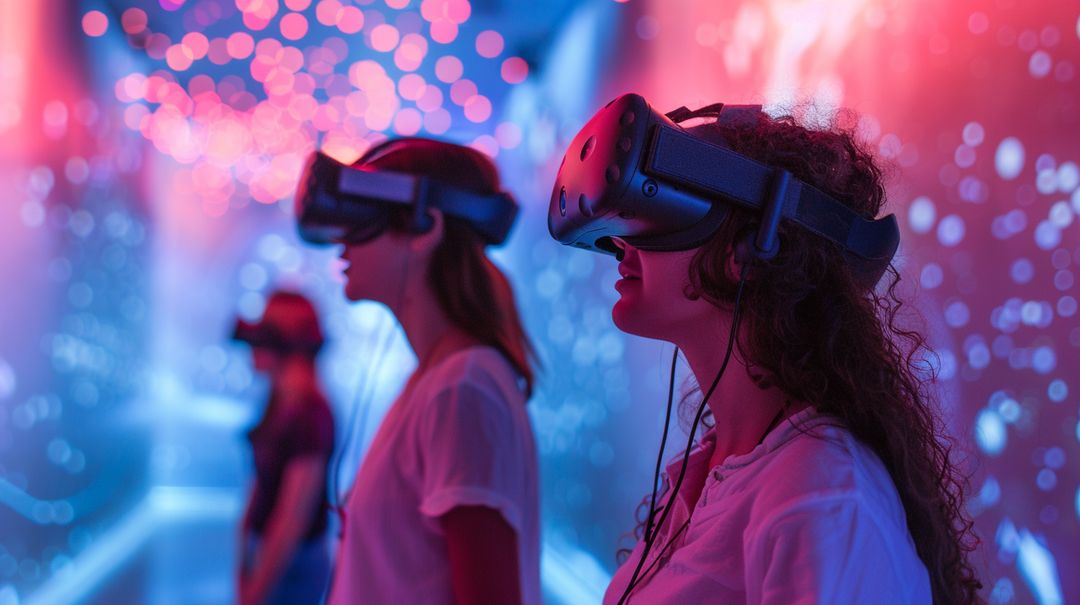Virtual Reality (VR) technology has transcended the realm of science fiction to become a transformative force in shaping our future. From immersive gaming experiences to revolutionary applications in healthcare and beyond, VR is redefining how we interact with the digital world.
In this article, we delve into the emerging trends of VR and explore its profound impact on entertainment and various industries.
One of the most prominent applications of VR is in the entertainment industry. VR headsets like the Oculus Rift and HTC Vive have opened up new frontiers in gaming, allowing users to step into fully immersive virtual worlds. According to data from Statista, the global VR gaming market is projected to reach $45.09 billion by 2027, driven by the increasing demand for interactive and immersive gaming experiences.
Moreover, VR is not limited to gaming alone. Streaming platforms like Netflix and Hulu are experimenting with VR content, allowing users to watch movies and TV shows in a virtual theater-like environment. This convergence of VR and entertainment is revolutionizing how we consume media, offering unparalleled levels of immersion and engagement.

Beyond entertainment, VR is making significant strides in revolutionizing various industries. In healthcare, VR technology is being used for medical training, surgical simulations, and even therapy sessions. For example, companies like Osso VR provide virtual surgical training platforms that enable medical professionals to practice surgical procedures in a safe and controlled environment, reducing the risk associated with traditional training methods.
In architecture and design, VR is being utilized for virtual prototyping and visualization, allowing architects and designers to create and explore virtual models of buildings and structures before they are constructed. This not only enhances the design process but also enables clients to visualize and experience architectural concepts in a more tangible way.
While the potential of VR is vast, it also presents certain challenges. High costs, technical limitations, and concerns about privacy and data security are some of the barriers to widespread adoption. However, with advancements in technology and growing consumer interest, the future of VR looks promising.
As we look ahead, it is clear that VR will continue to shape the future of entertainment and beyond. From immersive gaming experiences to practical applications in healthcare, architecture, and beyond, VR is poised to revolutionize how we work, play, and interact with the digital world. As consumers and businesses alike embrace this transformative technology, the possibilities are endless.